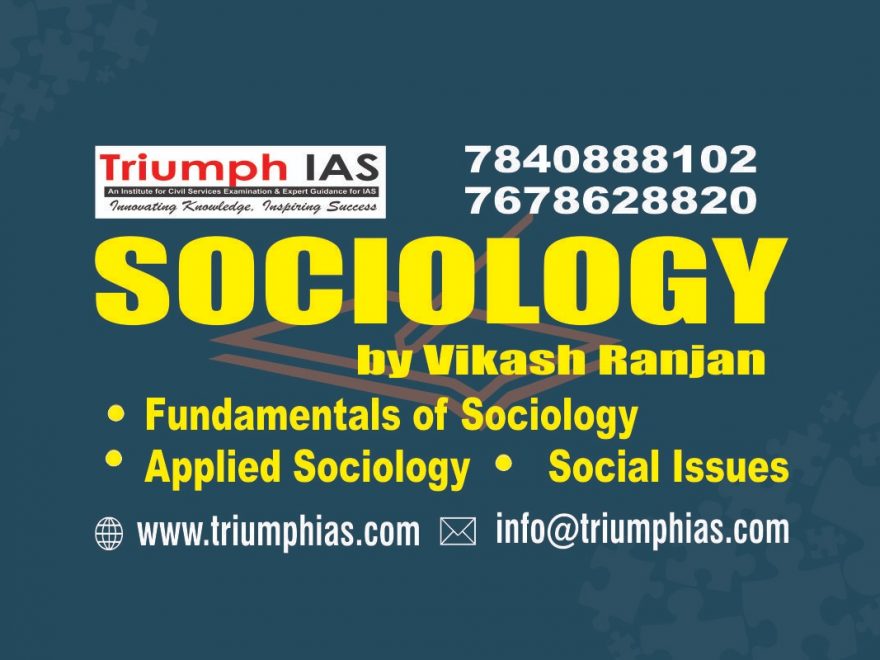Relevance: mains: Sociology paper II
According to Yengde, a PhD holder from University of the Witwatersrand in Johannesburg, is a postdoctoral fellow at the Initiative for Institutional Anti-racism and Accountability, Shorenstein Centre on Media, Politics and Public Policy in Harvard Kennedy School, “There is a need to dismantle oppressive measurements that work within the government, whose primary targets are Dalits and Adivasis, to whom they don’t want to give the state’s resources. A kind of neo-liberalism is operating against them (people considered to be from lower caste).”
As per Yengde,
“Privatisation is at the helm of making people poorer and poorer. Multiple institutions today, including the police, judiciary and legislature, continue to remain ignorant of Dalit rights, pride and futurism. Rather, caste oppression is reinventing itself. At present, there is only a Dalit subaltern movement fighting at the grassroots level,”
“The notion of caste has to be hierarchically melted. How can we have a normal dialogue when we are burdened with stereotypes and prejudices? I want prejudices to melt. Let me engage with another person on their human virtues.”
Yengde, talks about overcoming caste discriminations through certain means and measures,
By diving structural and non-structural variables of caste, he said he wants to “make a call for action and intends to solidify certain conversations that don’t get reported”.
He demands material resources be provided to the Dalit community. “Brahminism is deployed into the community. Ambedkarism is for (demanding) material resources.
70 per cent of all Dalits in rural areas are landless labourers, he said: “The land belongs to us and we deserve more than what we have got.Confines of political reservations do not liberate the people, there is a need to move beyond this.
Mumbai University Professor Ramesh Kamble, advocate Dr Suresh Mane and TISS Professor Dr Varsha Ayyer on the other hand have contrary views, Kamble pointed out that Yengde, does not address why democratisation has failed in India and why have erstwhile Dalit leaders become a part of Brahminical pockets. Mane, however, lauded Yengde for staying connected with the Ambedkarite discourse and the quest for knowledge. Ayyer spoke about the lack of diversity among published Dalit writers and speakers.

